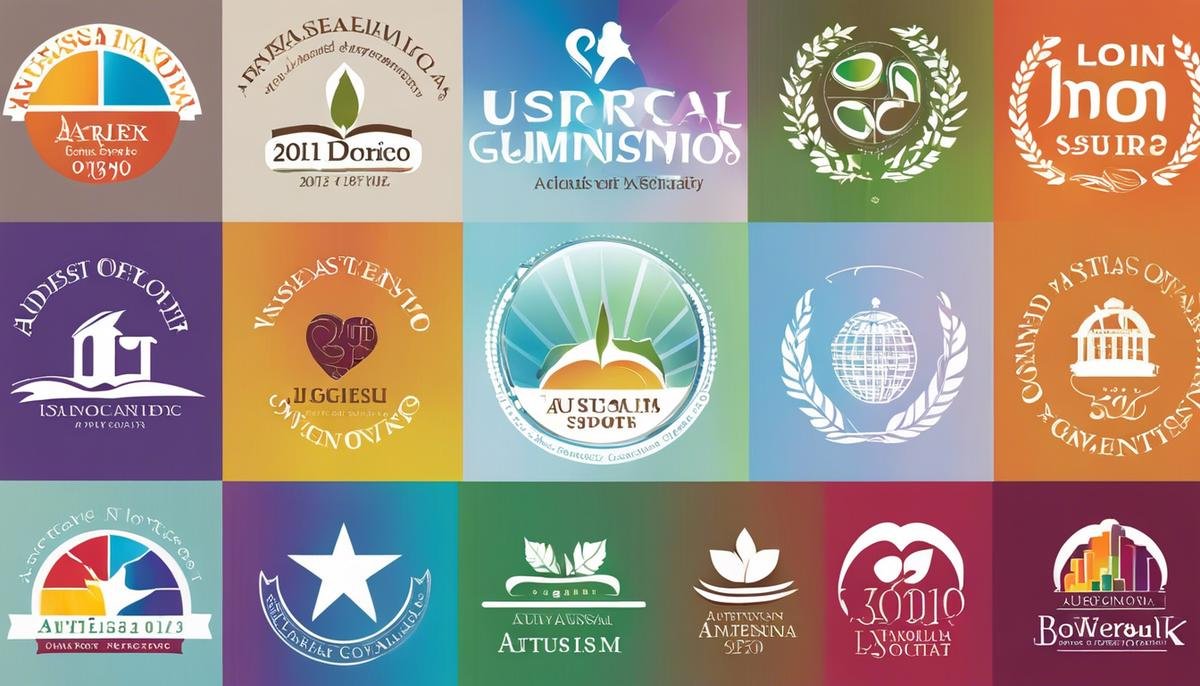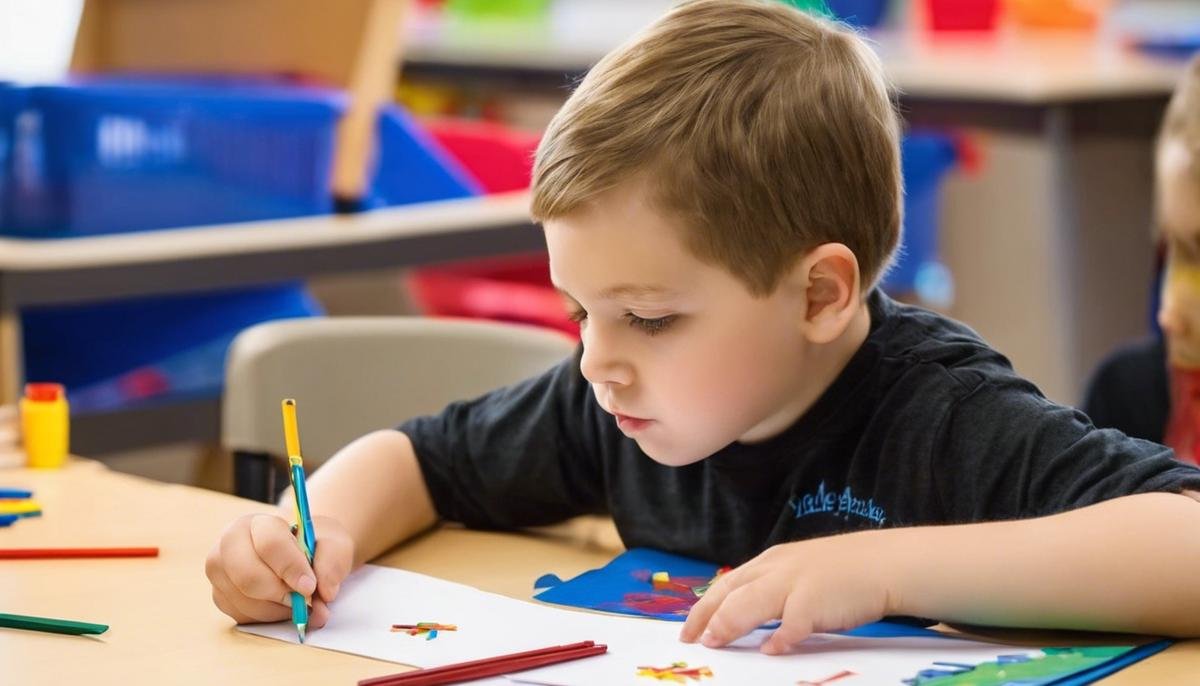
As a broad spectrum disorder encompassing an array of unique traits and characteristics, Autism presents an often fascinating, yet challenging landscape for affected individuals and their families alike. In the state of Minnesota, the dedicated work of various organizations, educational institutions, and government programs, provide invaluable resources designed to aid in the journey of living with Autism. From community support networks to diverse schooling options and governmental assistance, these entities strive to ensure individuals with autism and their families have the necessary tools and support to thrive. This article looks into these key pillars, outlining resources and opportunities available, enabling better informed decision making and improved quality of life for those affected by Autism in Minnesota.
Supportive networks and organizations
Living authentically with a family member who has autism can be challenging, yet rewarding. Every day offers an opportunity to learn, to grow, and to celebrate the unique perspectives that neurodiversity brings in our lives. That’s why being part of a supportive network or organization that’s dedicated to autism care can be a real game-changer. As parents, it arms us with the necessary resources and a community with shared experiences.
If you’re in Minnesota, there are several organizations that may be helpful. The Autism Society of Minnesota (AuSM) is a particularly outstanding one. For over 45 years, AuSM has been committed to enhancing the lives of individuals and families affected by Autism Spectrum Disorder (ASD). They offer a wide range of programs, from Social Skills classes to Counselling and Consultation Services, all designed with the goal of understanding, accepting, and appreciating autism.
Another notable organization is the Fraser. Offering a multi-faceted approach towards autism, Fraser provides healthcare, housing, education, and employment services to help individuals navigate life more easily. They accept insurance and also offer grants, making their essential services more accessible to families who need them most. A final mention goes to PACER Center. Known for advocacy and support, this organization offers valuable resources to help families make informed choices about education, employment, and independent living for their loved ones.
Connecting with these supportive networks in Minnesota can help both parents and children affected by autism to create a thriving and resilient lifestyle, celebrating neurodiversity in its full glory. Remember, while a journey with autism can be filled with unique challenges, the right support and understanding can make it rich with accomplishments and moments of joy.

Schooling and educational resources
When navigating schooling and educational resources for autistic children in Minnesota, it’s crucial to remember just how unique and special each child is. Autism is often referred to as a “spectrum disorder” since it manifests differently in each individual. Therefore, a one-size-fits-all approach never works. Parents, your best asset in finding the ideal educational path for your child is your intimate knowledge of their skills, strengths, and areas where they might need additional support.
In Minnesota, families have an array of services, school programs, and therapies available. Start by becoming acquainted with your local school district’s special education process, as it can provide a wealth of resources. Remember to become an active participant in your child’s Individualized Education Program (IEP) meetings. As advocates for your child’s education, your insights are invaluable in crafting a plan that best serves your children’s learning needs. Recognize there is a balance between ensuring your child has all necessary educational supports without pigeon-holing them only around their areas of need – embrace their strengths too!
Consider exploring experiential learning environments and options as well, such as farm-based education programs or therapeutic horseback riding. These approaches can often complement traditional classroom-based education and provide diverse, multi-sensory learning experiences. Additionally, the University of Minnesota’s Autism Initiative offers a wide range of autism-specific services like social skills groups and summer camps.
Finally, remember to tap into the larger autism community in Minnesota. Meet other parents and caregivers in similar situations. Their firsthand experiences and insights will prove invaluable as you navigate your child’s educational journey. Don’t forget, you’re not alone in this endeavor. The community is there to empower you, and above all, to ensure your child reaches their full potential in an environment that is tailored to their needs and capabilities.

Governmental programs and services
Delving deeper into the governmental programs and services dedicated to bolstering families with autistic children in Minnesota, the Department of Human Services (DHS) stands out prominently as a stalwart supporter. This state-run agency provides a plethora of resources that can be tailored to meet individual needs.
For example, the Medical Assistance (MA) program covers a range of services including, but not limited to, Early Intensive Developmental and Behavioral Intervention (EIDBI) for children up to age 21. EIDBI offers therapies that promote positive developmental growth and supports that help kids to communicate, interact, and learn more effectively. This program falls under the umbrella of the larger state health care programs, signifying Minnesota’s commitment to providing comprehensive care for children with autism.
In addition to state health care programs, there’s also a state assistance program known as the Consumer Support Grant (CSG). This flexible program allows families to choose services that best meet their needs and select whom they would like to provide those services, which can include family members.
When it comes to education, special education services are also extended to eligible children through the Minnesota Department of Education. These services, designed with the child’s unique needs at the heart, can start as early as birth, with transition plans and support into adulthood.
Moreover, the University of Minnesota boasts a remarkable output of efforts and services targeted towards the autism community. The university’s Connect Program, for instance, provides autism-specific support for students, helping them transition smoothly from high school to college life.
It’s heartening to see all the different patches of this support network – governmental agencies, local organizations, educational institutions – interlacing perfectly to provide a blanket of support for autistic children and their families across Minnesota. This vibrant, interconnected web of resources is reflective of the compassion and dedication Minnesota upholds in its journey to foster an environment where every child, irrespective of their neurological differences, can thrive to their fullest potential.

The hope in sharing these resourceful insights is to illuminate the often complex path faced by families and individuals impacted by Autism. Across Minnesota, numerous organizations, schools, and government programs tirelessly work to provide a scaffold of support. In a world that often misunderstands and misrepresents Autism, these entities strive to provide comfort, understanding, and tangible help in ways that can profoundly change lives. Whether it’s a parent seeking the best school for their child, a family looking to connect with a community that understands, or someone needing assistance in navigating governmental benefits, there is help and hope at close reach. The voyage with Autism, despite its trials, can also become a testament of resilience, perseverance, and a celebration of diversity and unique strengths.




